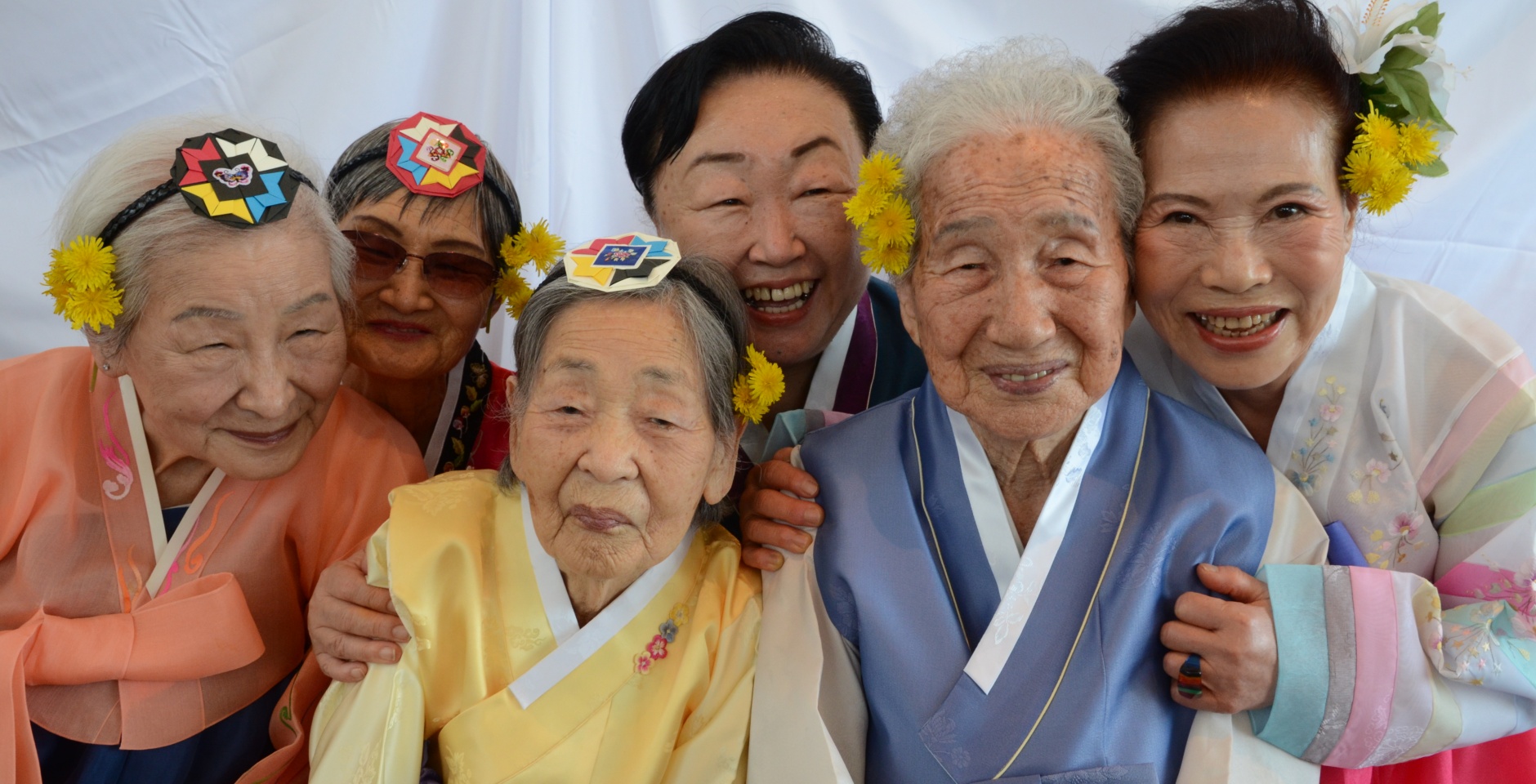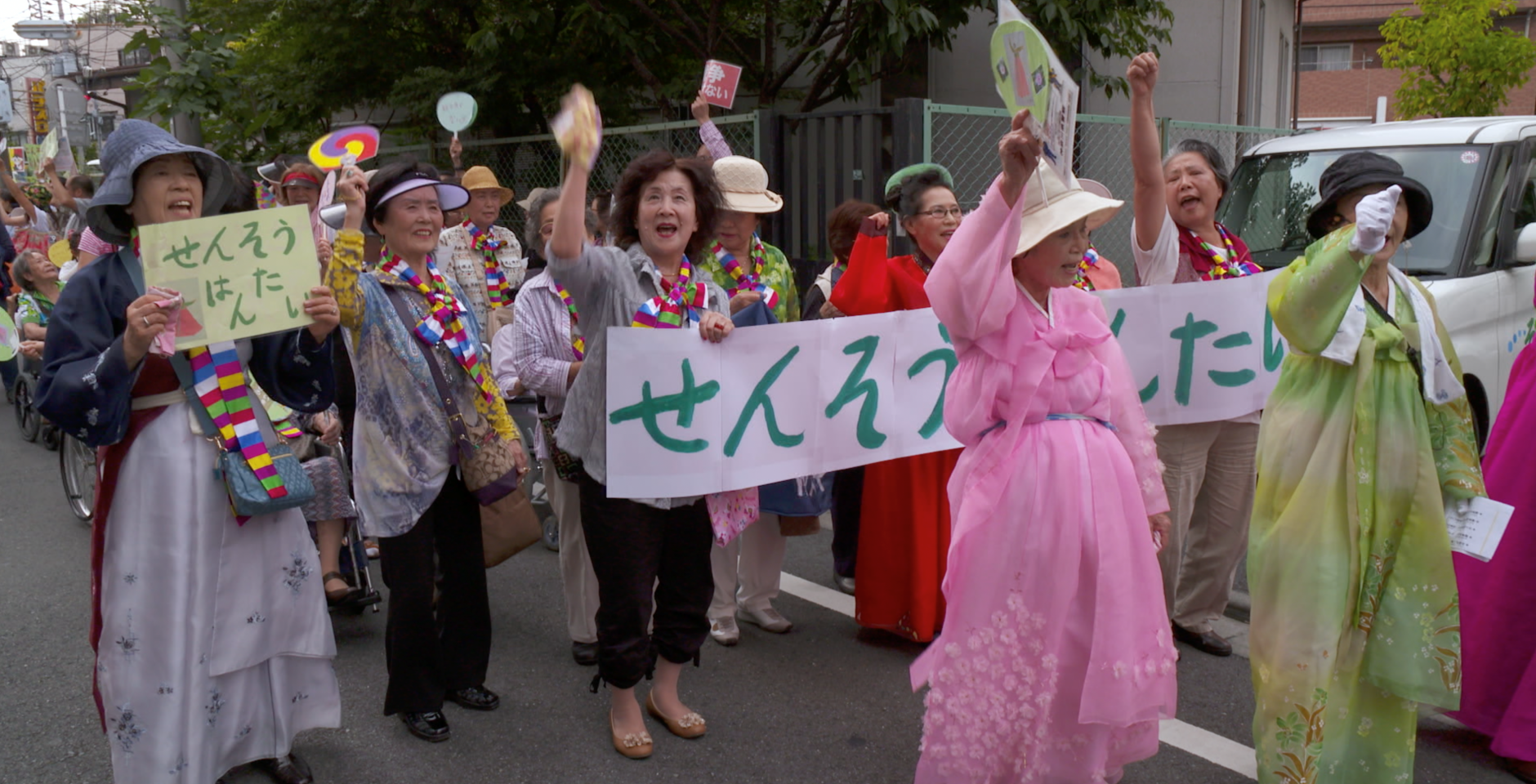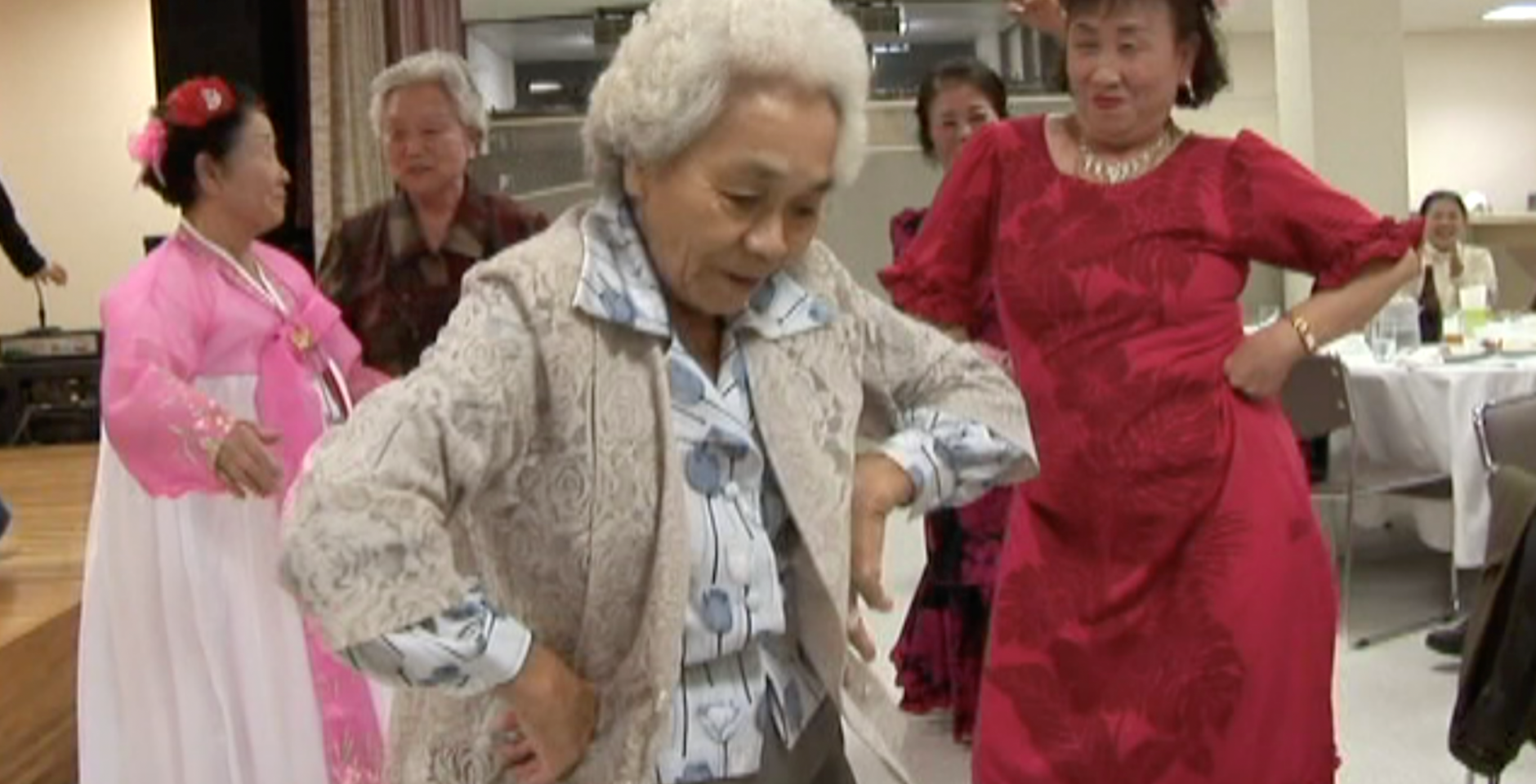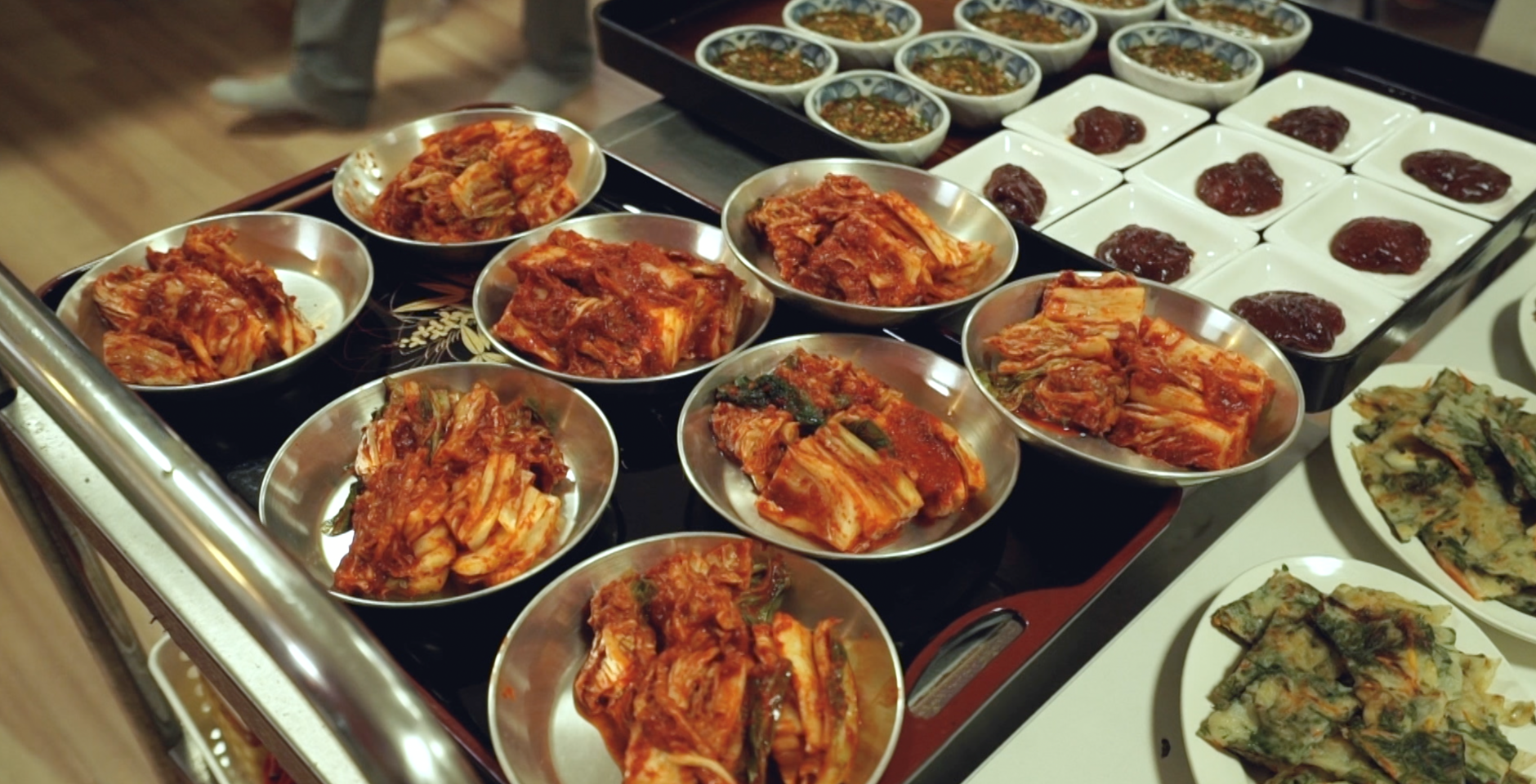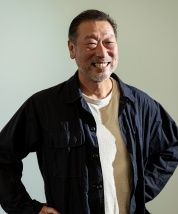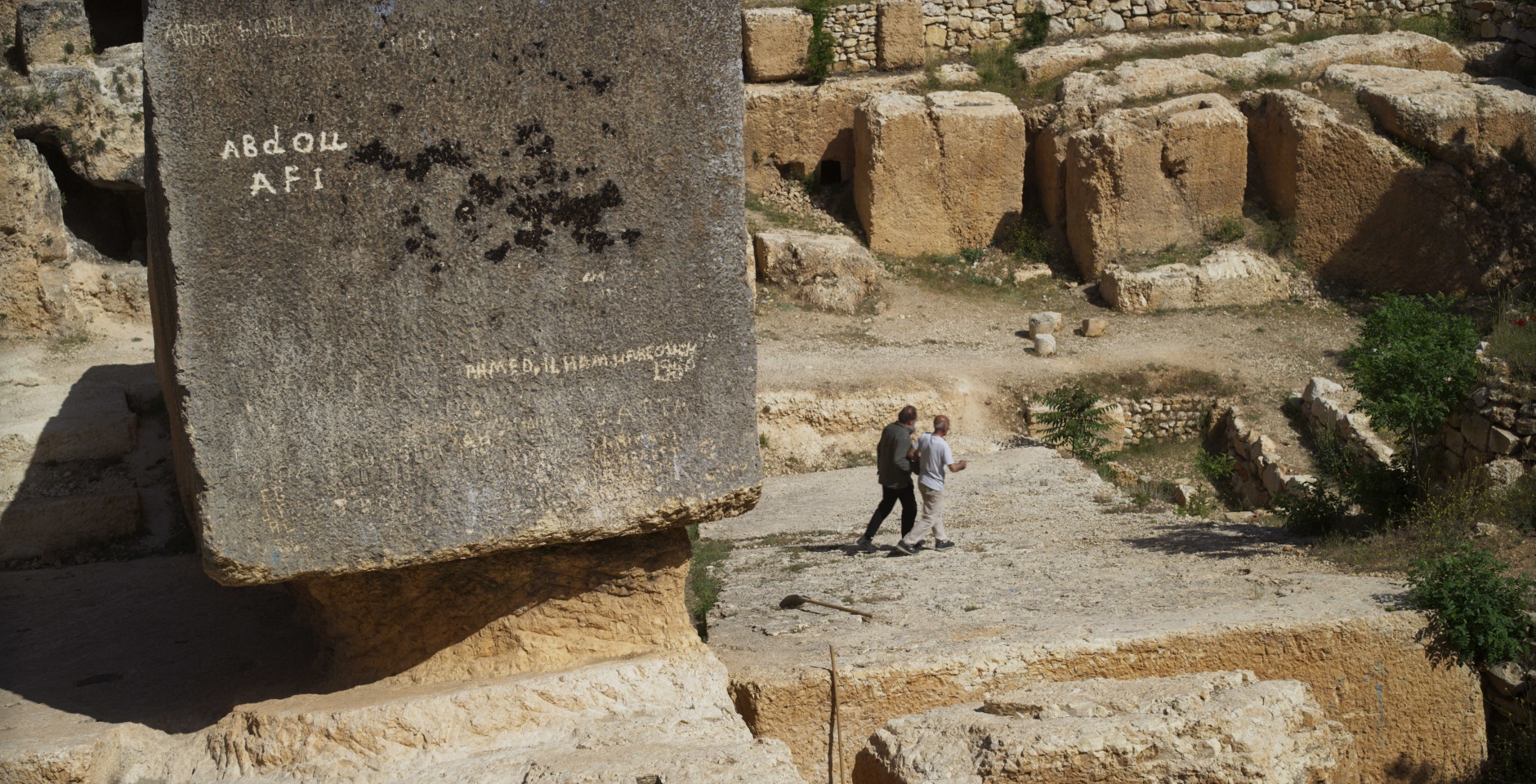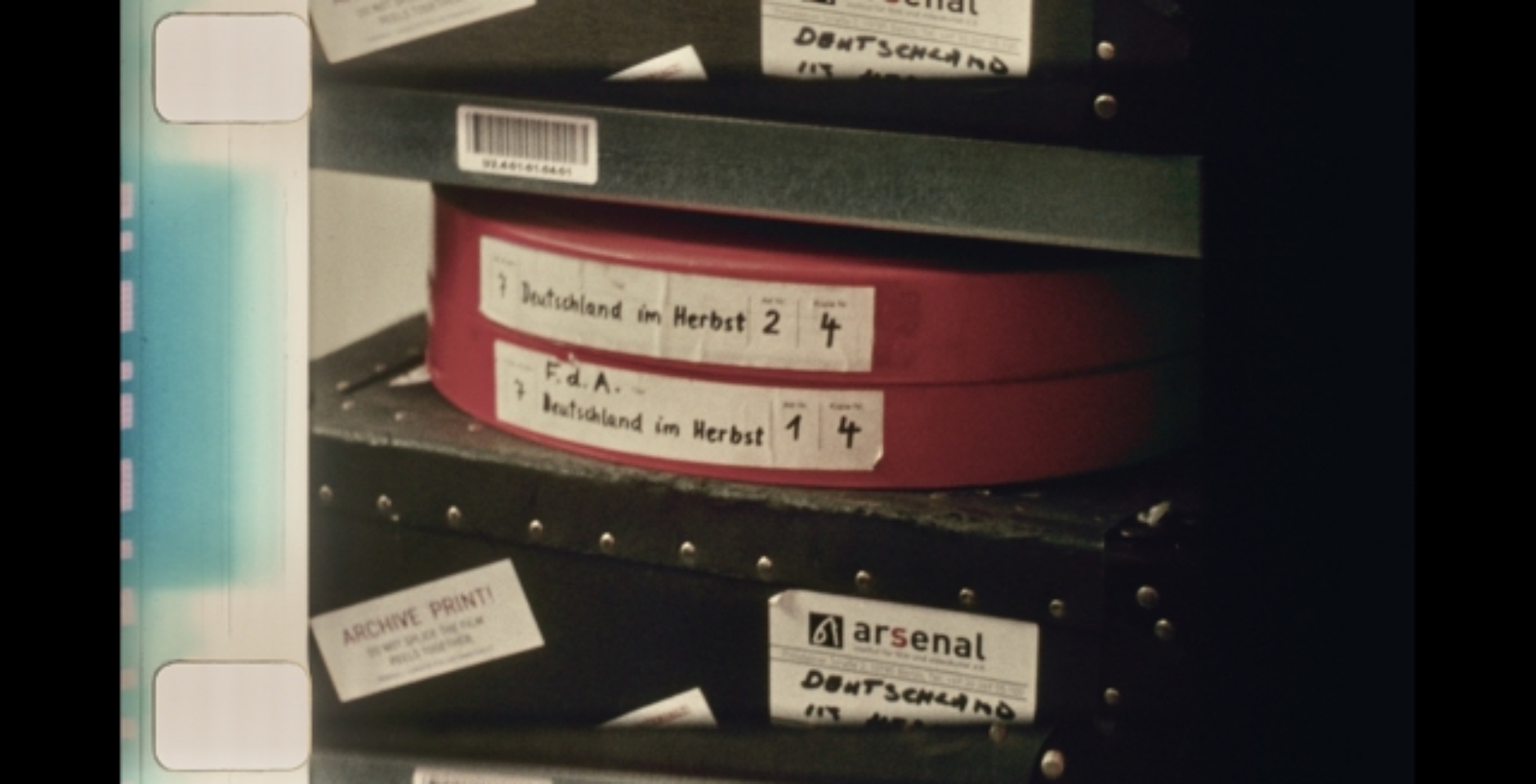After his mother passed away in 1999, Korean-Japanese director Kim Sungwoong started to capture the first generation of Korean-Japanese women who lived in Kawasaki, Sakuramoto on camera. These “grandmas” had to move and settle in an unfamiliar place during the colonial and war era around the time of Korea’s liberation in search of work. They had to endure discrimination, contempt, and poverty. At this time, their home country was engulfed in an ideological war between the North and the South and didn’t provide any support, while hate speeches against Koreans in Japan continued to pour out. These elderlies who had to work until their 80s to support their families are now spending time for themselves while learning how to write and draw. As the last generation who can speak about the war, what would they want to talk about? Kim Sungwoong started this project with a wish to record the past and the present of these grandmas and alike, and it took him 25 years to finish, only thanks to the warm support and sponsorship from 700 individuals and several organizations. (CHUN Jinsu)












